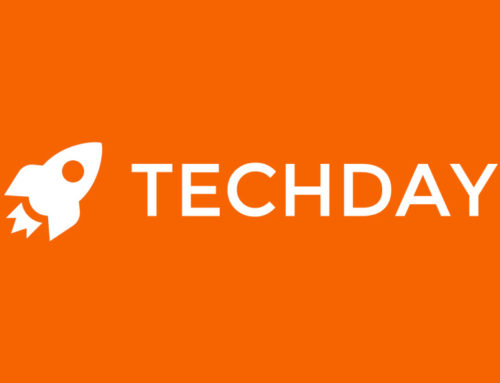The EU Data Act
(adopted by the European Commission on 23 February 2022) is a key pillar of the European strategy for data. It ensures fairness by setting up rules regarding the use of data generated by Internet of Things (IoT) devices.
Users of objects or devices generally believe that they should have full rights of the data they generate. Manufacturers of devices do not always design their products in a way that allows users, both professionals and consumers, to take full advantage of the digital data they create when using IoT objects. This leads to a situation where there is no fair distribution of the capacity to build on such important digital data, holding back digitisation and value creation.
The Data Act aims to ensure consistency between data access rights, which are often developed for specific situations and with varying rules and conditions.
How will this work in practice?
The Data Act will make more data available for the benefit of companies, citizens and public administrations through a set of measures such as:
• Measures to increase legal certainty for companies and consumers who generate data on who can use what such data and under which conditions, and incentives for manufacturers to continue investing in high-quality data generation. These measures will make it easier to transfer data between service providers and will encourage more actors, regardless of their size, to participate in the data economy.
• Measures to prevent abuse of contractual imbalances that hinder fair data sharing. SMEs will be protected against unfair contractual terms imposed by a party enjoying a significantly stronger market position.
• Means for public sector bodies to access and use data held by the private sector that is necessary for specific public interest purposes. For instance, to develop insights to respond quickly and securely to a public emergency, while minimising the burden on businesses.
• New rules setting the right framework conditions for customers to effectively switch between different providers of data-processing services to unlock the EU cloud market. These will also contribute to an overall framework for efficient data interoperability.
UK and Singapore sign new innovative digital trade deal
UK Secretary of State Anne-Marie Trevelyan signed the UK-Singapore Digital Economy Agreement (DEA) alongside Singapore’s Minister-in-charge of Trade Relations, S. Iswaran, on the final day of her Asia-Pacific tour, following visits to Indonesia and Japan.
The DEA is the most innovative trade agreement ever signed, and the first by a European nation. It will strengthen our trading relationship with Singapore – worth £16 billion in 2020 – by ending outdated rules that affect both goods and services exporters, making it easier for UK business to target new opportunities in both Singapore and the wider region.
International Trade Secretary Anne-Marie Trevelyan said:
“This digital agreement plays to our strengths as a services superpower and will ensure our brilliant businesses can build back better from the pandemic and benefit from easier, quicker and more trusted access to the lucrative Singapore market.”
“We’re using our independent trade policy to strike these groundbreaking agreements that create high-skilled, well-paid jobs across the UK – paving the way for a new era of modern trade.”
The deal links two of the world’s most dynamic hi-tech and services hubs and will capitalise on the UK’s strength as the world’s second-largest services exporter. A third of our exports to Singapore are already digitally delivered, including in finance, advertising and engineering, and this deal will create new opportunities to expand modern services and help level up the country.
The digital sector alone adds £151 billion to the economy and lifts wages, with workers earning around 50% more than the UK average. UK services companies already operating in Singapore are well placed to take advantage of the deal, including financial giants, telecoms firms or software companies.
The deal will also cut red tape for goods exporters, streamlining cumbersome border processes and replacing time-consuming and costly paperwork with e-signatures and e-contracts.
Other benefits include:
- Free and trusted cross-border data flows. Data flows are vital for the modern global economy, enabling everything from more efficient manufacturing and supply chains to effective maintenance of jet engines.
- Binding commitments that ensure individuals and businesses know their data, money and intellectual property are safe.
- Strengthening the UK and Singapore’s relationship for financial services by ensuring data can flow freely without unjustified barriers and enhanced cooperation for innovative financial services. Financial Services trade between the UK and Singapore was worth £1.7bn in 2020.
- A new partnership with Singapore to build ever-stronger cybersecurity defences against attacks by private operators or hostile states, which are a growing threat to individuals and businesses.
Singapore is a gateway to the wider Indo-Pacific region and the DEA will support our bid to join Singapore and 10 other nations in the Trans-Pacific Partnership (CPTPP). Membership would mean access to a £8.4 trillion free trade area with vast opportunities for UK business.
UK-founded tech unicorns are being created at a rate of almost one a week, and more will now be able to follow in the footsteps of British companies which are already thriving in Singapore.



